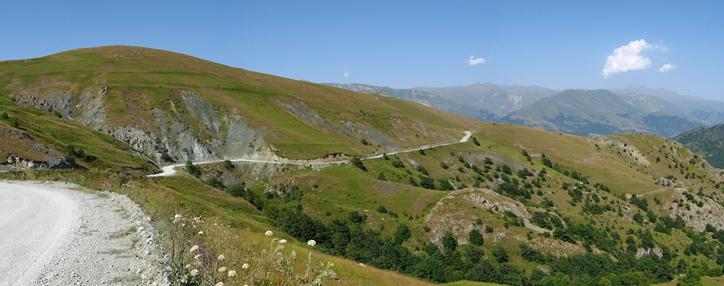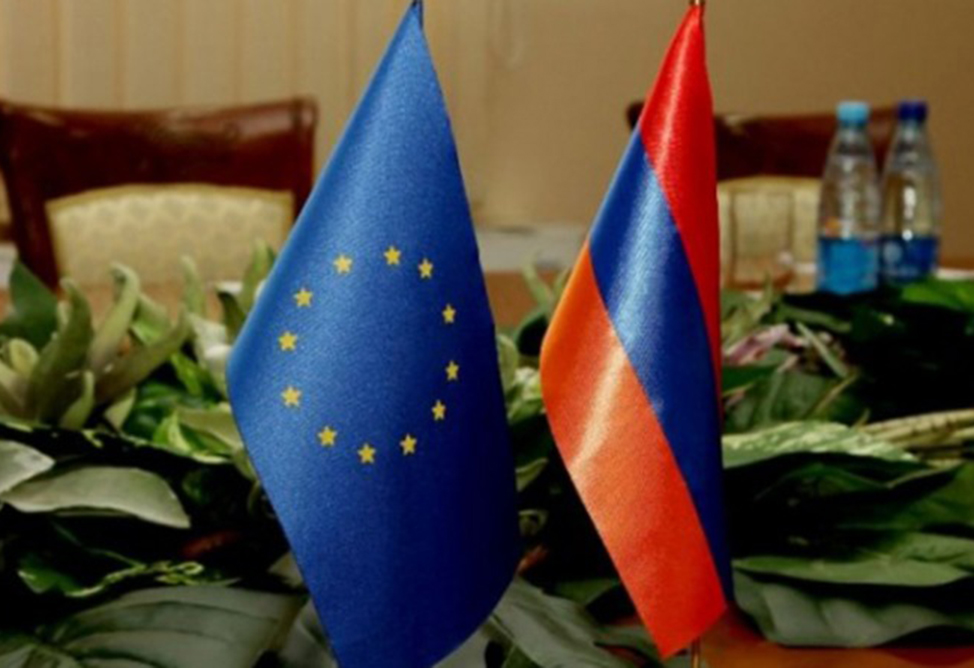Expert: there should not be any negotiations after “Safarov’s case”
06.11.2012,
11:51
There should not be any negotiations after “Safarov’s case”, Check expert, member of the East-West Center Participants Association Erica Lerner said.

YEREVAN, November 6. /ARKA/. There should not be any negotiations after “Safarov’s case”, Check expert, member of the East-West Center Participants Association Erica Lerner said.
“It was an excellent occasion to refuse the conflict solution which was of no advantage to Armenia. Hasn’t Armenia got any other way out except agreeing to an extremely “original” exchange of real territories for a mythical status,” the expert said in her interview to Novosti-Armenia agency.
According to Lerner, “Safarov’s case” proved that Azerbaijan does not care about what the international society thinks. Azerbaijan is just protecting its interests, she said.
On February 19, 2004, lieutenant of Armenian Army Gurgen Margaryan, who was in Budapest for an English language course under NATO “Partnership for Peace” program, was brutally murdered with axe in his sleep by an Azerbaijani officer and a participant of the same course Ramil Safarov. On April 13, 2006, the first instance court of Budapest sentenced Safarov to life imprisonment with no right of pardon during 30 years. In February 2007, the Court of Appeal left the sentence unchanged. But On August 31, 2012, Ramil Safarov was extradited to Azerbaijan and pardoned by President Ilham Aluiev.
Extradition of the murderer to Azerbaijan and further presidential pardon aroused indignation in Yerevan. Armenia suspended diplomatic relations and all official links with Hungary. Many countries and international organizations, including the EU and the European Parliament, expressed their concern over the pardon of Safarov.
Many experts believe that Safarov’s matter has seriously affected the Nagorno-Karabakh peace process.
The Karabakh conflict started in 1988 when prevailingly Armenian population of Nagorno-Karabakh declared withdrawal from Azerbaijan. On December 10, 1991, a referendum was held in Nagorno-Karabakh where 99.89% voted for independence from Azerbaijan.
Azerbaijan responded by large-scale military operations that led to loss of control not only over Nagorno-Karabakh itself, but also over seven adjoining areas. About 25-30 thousands people were killed and about a million had to leave their homes during the military operations.
A trilateral cease-fire agreement was signed on May 12, 2004, and has been followed since then.
The ongoing Karabakh peace process started in 1992 under auspices of OSCE Minsk Group. -0-



